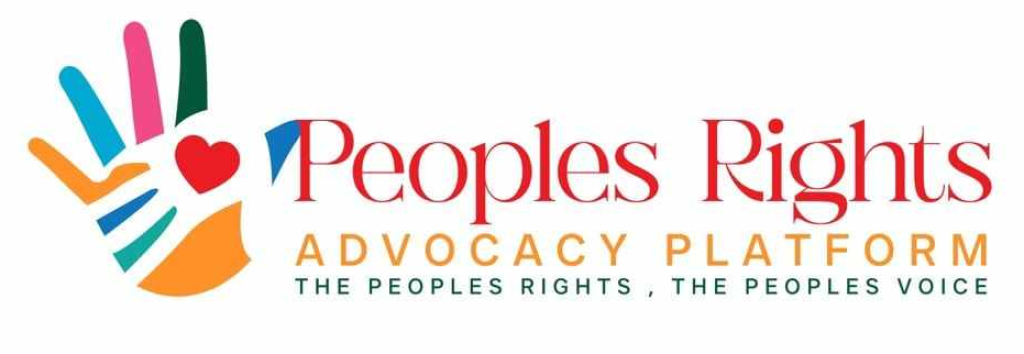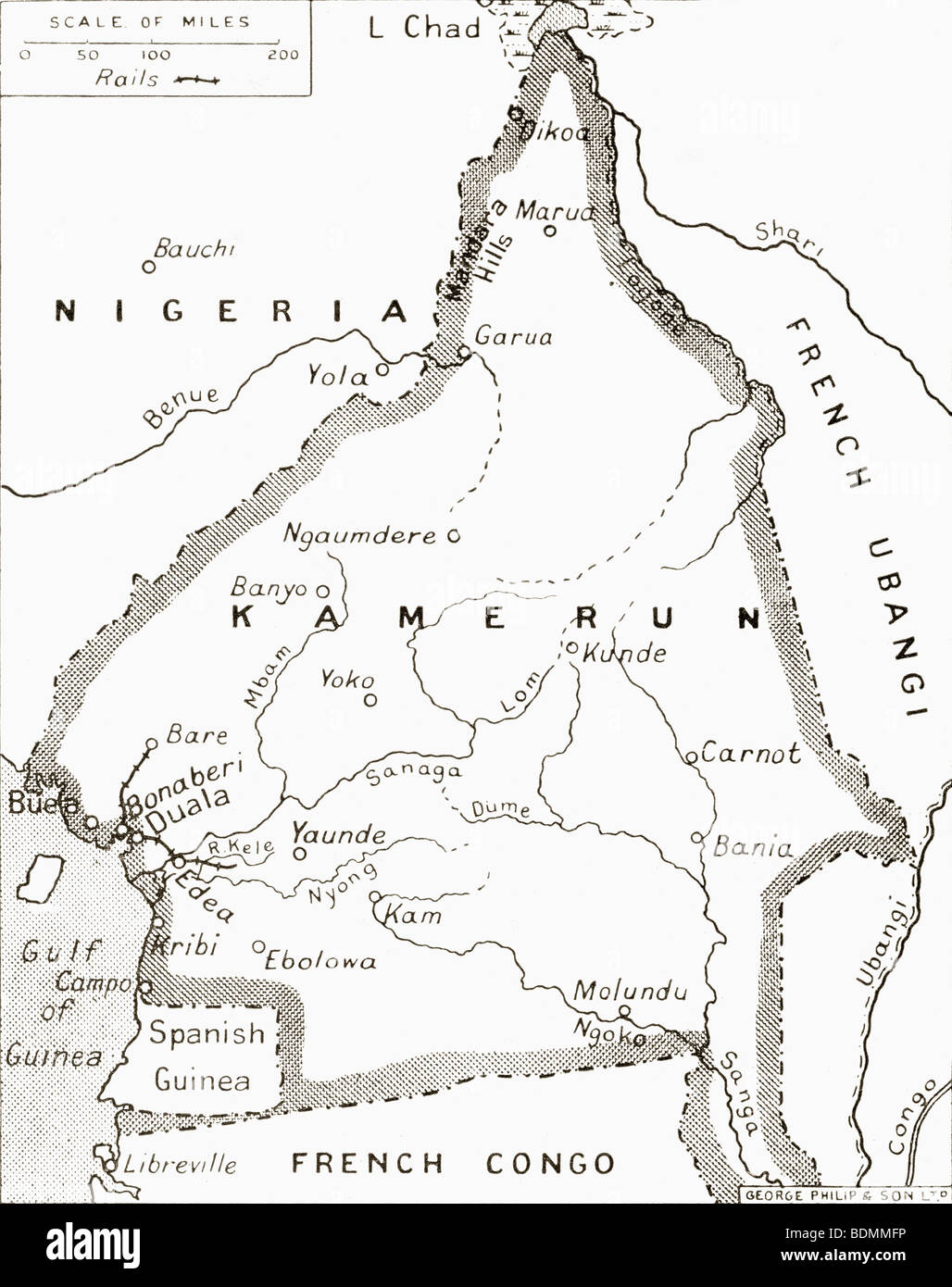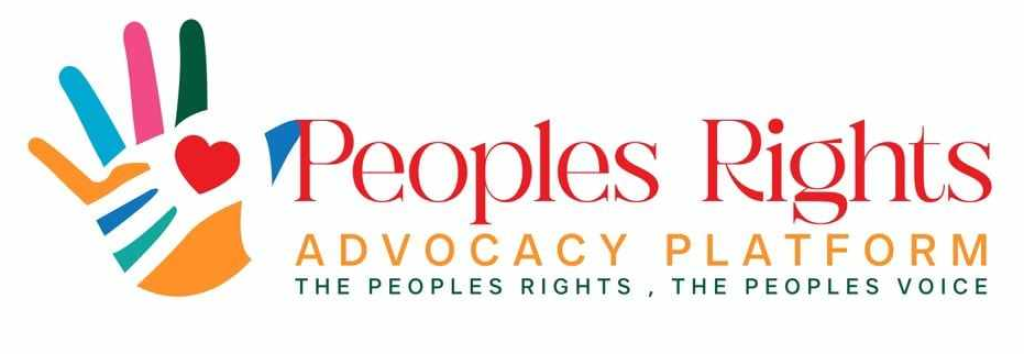What’s in a name
Lets be thoughtful mindful and inclusive on what we call ourselves
Cameroon Holds World Record for Most Name Changes, Reflecting National Identity Crisis and Lingering Colonial Divisions
When the Portuguese first dropped anchor in the Woori river they were welcomes by prawns and to that welcome they names the country “Rio dos Camarões” or River of Prawns, What would have happened if they were welcomes by human defecation.
Cameroon, a nation with an exceptionally complex past, stands out globally as a country with the highest record of name changes—a reflection of its enduring struggle with national identity and cohesion. The region has seen at least 12 significant name transformations over the centuries, each imposed from external forces rather than emerging from the will of the people. These shifts have fueled a national identity crisis and intensified divisions, culminating in a protracted conflict largely rooted in colonial language and cultural distinctions.
A World Record in Name Changes: Signalling a Persistent Identity Crisis
From “Rio dos Camarões” to “Kamerun,” “British Southern Cameroons,” and more recently “Ambazonia,” Cameroon’s many names underscore an unstable trajectory where imposed labels have continually disrupted the natural evolution of a cohesive national identity. This repeated renaming, driven by shifting colonial and political interests, has created a legacy of uncertainty that still echoes today, challenging the country’s unity and sense of self.
Colonial Legacies and Linguistic Divisions: The Roots of Current Conflict
The partitioning of Cameroon after World War I between British and French authorities established two distinct administrative zones—British Cameroons and French Cameroun. This linguistic and cultural division has deeply shaped the country’s modern identity, particularly in the form of Anglophone and Francophone communities with contrasting governance systems, languages, and expectations. The federal structure that initially acknowledged these distinctions was dissolved in 1972, a decision that ignored the linguistic identity of the Anglophone population and set the stage for current separatist tensions.
Ambazonia: A Name Reflecting Anglophone Resistance and a Call for Autonomy
The recent adoption of “Ambazonia” by separatist movements reflects the dissatisfaction and sense of disenfranchisement felt by Cameroon’s English-speaking population, who now identify under a new name to represent their call for autonomy or independence. Named after Ambas Bay, “Ambazonia” embodies the desire for recognition and self-governance among Anglophones, who feel marginalized within the French-dominated national framework. This push for a separate identity underscores the rift caused by Cameroon’s history of imposed names and the unmet needs of the people within the existing national structure.
Division Rooted in Language: A War of Colonial Legacies
Cameroon’s prolonged conflict is unusual in that it is fueled largely by language and historical colonial allegiances, rather than ethnic or geographical divisions. The Anglophone-Francophone divide, stemming from the British and French mandates, has left a lasting impact on the country’s political and social landscape. With Anglophone communities experiencing limited representation and autonomy, the current conflict serves as a painful reminder of the long-lasting consequences of these colonial-era divisions.
All the names we have had before
- Rio dos Camarões – The original Portuguese name, meaning “River of Prawns,” given in the 15th century due to the abundance of shrimp in the Wouri River.
- Cameroes/Camarones – Variations of the Portuguese name used in early European records.
- Kamerun – The German name for the region during the German colonial period from 1884 to 1916.
- British Cameroons – After World War I, the League of Nations split the area into British and French mandates, with British Cameroons consisting of Northern and Southern Cameroons.
- French Cameroun – The name used by the French to refer to the larger portion they controlled under their mandate.
- Northern Cameroons – The British-administered territory in the north, which later voted to join Nigeria.
- Southern Cameroons – The British-administered territory in the southwest, which eventually opted to join French Cameroun.
- Federal Republic of Cameroon – The name adopted in 1961 when British Southern Cameroons joined French Cameroun, forming a two-state federation (West Cameroon and East Cameroon).
- West Cameroon – The English-speaking former British Southern Cameroons, within the federal structure.
- East Cameroon – The French-speaking region, which was previously French Cameroun, in the federal arrangement.
- United Republic of Cameroon – The name adopted in 1972 after the federal structure was dissolved, centralizing power under a single government.
- Republic of Cameroon – The current name, adopted in 1984 after further centralization efforts, dropping “United” from the official name.
- Ambas Bay Colony – A short-lived designation for the area around Ambas Bay, where British missionaries first settled in the 19th century.
- Ambazonia – A name adopted by separatists in the English-speaking regions (Northwest and Southwest), representing their aspiration for independence and autonomy.
.
The Path Forward: Recognizing and Resolving a Fragmented National Identity
With a world record in name changes no wonder we are contused. Cameroon’s record-breaking series of name changes not only reflects a history of external control but also illustrates a deeper issue of internal uncertainty and fragmentation. The lack of a unified, people-centered identity has fuelled tensions and a costly conflict that threatens national unity. For Cameroon to move forward, there must be a conscious effort to address the historical wounds caused by these arbitrary name shifts and an intentional focus on building a cohesive, inclusive identity that reflects the aspirations of all its citizens. Recognizing the diversity within Cameroon’s borders and validating its people’s voices will be essential to fostering unity and peace in the years to come.


